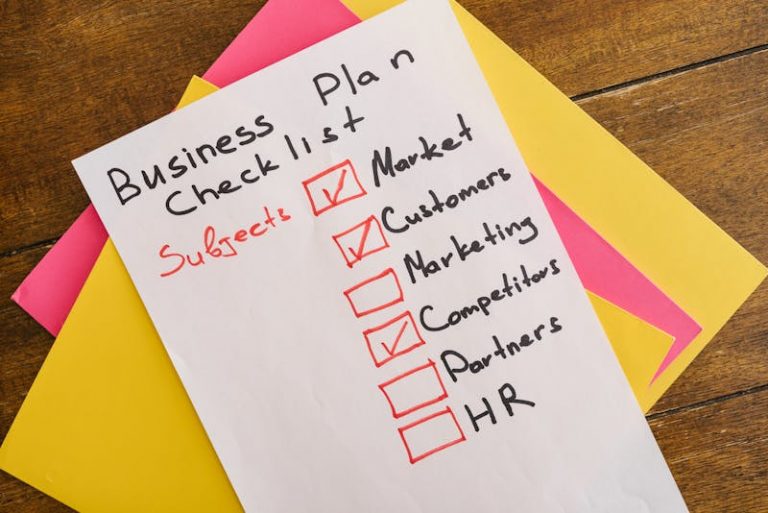
The best buddy of a small business owner can be consumer credit. It could also ruin your own finances. Learn how to use consumer credit choices and when to avoid them. Credit is an arrangement to receive money, commodities, or services now and pay for them later, as you are already aware. Contrary to credit utilized for business or agriculture, consumer credit refers to credit used by individuals and families for their own needs.
Although the main focus of this talk is on credit as it relates to your personal finances, as a business owner, you should be aware that your personal and corporate finances are very connected. Your personal and commercial credit management is hence intimately intertwined.
If your company runs into financial difficulties due to excessive debt, this will probably have an impact on the profitability of the company, which will probably have an impact on your capacity to obtain personal credit.
On the other hand, if you have excessive personal debt, your business creditors—who will likely want your personal guarantee as collateral for loans to your small business—might be less inclined to extend credit to your company if they believe your personal guarantee to be of little or no value. Trust in a consumer’s ability and willingness to pay bills on time is the foundation of consumer credit. People are honest and responsible, thus it works. In actuality, personal credit has benefits when utilized responsibly.
When it comes to consumer credit, there can be situations that can lead to possible contract disputes or corporate investigations. The risk of having these cases is high because you will be dealing with money and integrity.
Once corporate investigations or contractual disputes arise, it may be troublesome for the company and this can lead to more issues if not handled properly. The best way to manage this risk is by preventing it from happening.
Increased awareness of what consumer credit really is is very significant. When you use open-end or revolving, credit, loans are created continuously as you make purchases, and you are periodically charged to cover at least a portion of the balance. Overdraft protection, bank cards, and retail credit cards are a few instances of open-end credit.
Your line of credit, which is the total amount of credit available to you, has a limit. You will frequently be required to pay a high rate of interest or other types of finance charges for the usage of credit unless you pay the obligation in full each month.
Debt can be divided into two categories: secured and unsecured. When you offer security or collateral as a guarantee for your loan, it is secured. If you don’t pay back the loan, the lender may sell the collateral.
The most popular secured loan kinds are home and auto loans. On the other hand, an unsecured loan is based just on your promise to repay it. Even while it might seem like a pipe dream, consider this for a moment: Almost all credit card purchases fall into this category.
Knowing the basics of consumer credit really helps one to manage your finances wisely. Use this method correctly and with the right information in mind to make it work.






